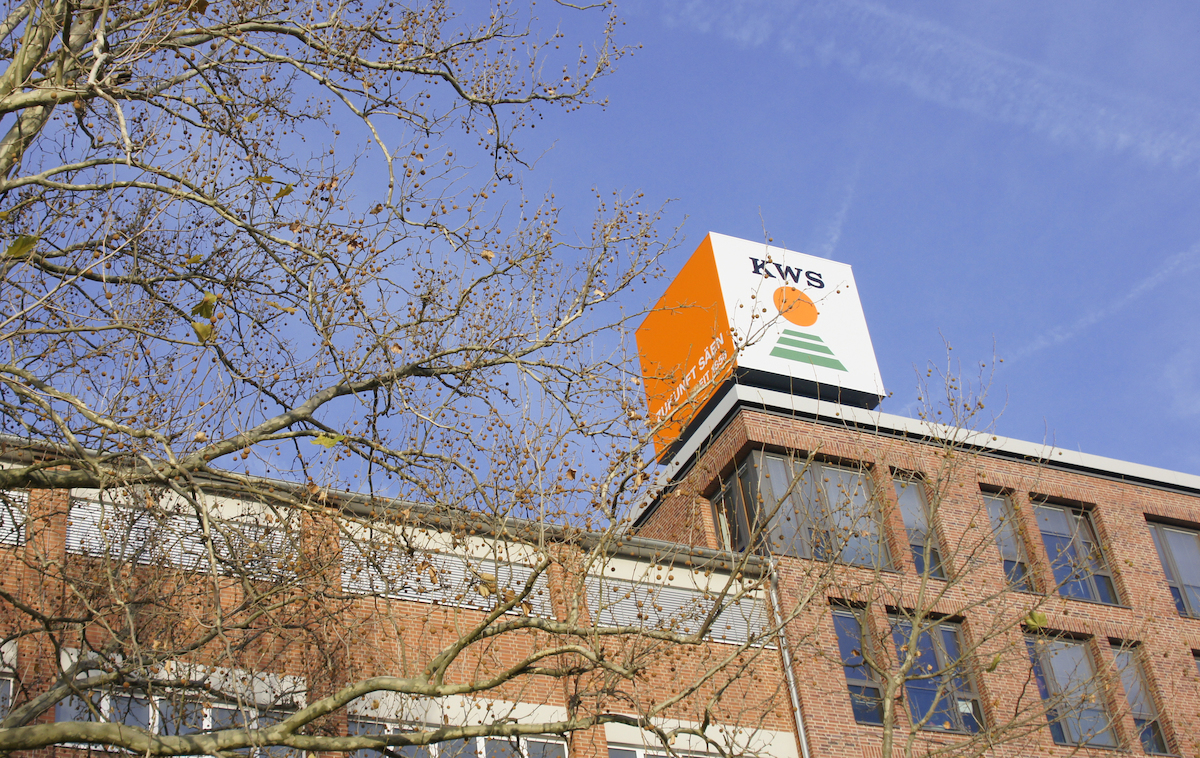“All in all, the financial statements for the first half of the year indicate a very positive trend. Our steady growth in net sales in Brazil is a major success for us, especially since KWS hasn’t been operating in that market for very long,” said Eva Kienle, Chief Financial Officer of KWS SAAT SE, about the figures for the first six months. “However, third-quarter business in our core markets, which is now proceeding at high speed, is what is crucial for our performance in the year as a whole.”
In the first half of the year ended December 31, 2016, growth in net sales, together with an improvement in the cost of sales, resulted in a sharp rise in the contribution margin. Expenditure on distribution was increased by 4.6% and that on research & development by 6.0%. Administrative expenses, on the other hand, fell by 8.0%. As for the other operating expenses, negative exchange rate effects had – as in the first quarter – a lower impact than in the same period of the previous year. The KWS Group’s EBIT at December 31, 2016, was € –70.3 (–106.3) million or around 34% over the previous year.
Segment reports: Business in South America sharply expanded
Net sales at the Corn Segment in the first half of the year rose by 56.3% to €180.8 (115.7) million. Corn seed business was grown by 68% and oil seed business by 35%. The increases are mainly attributable to the successful business performance in South America, where net sales in Brazil were more than doubled. Sales in Argentina benefited from a sharp increase in corn cultivation area, but the increase in net sales, which are consolidated in euros, was curbed by the peso’s devaluation. Winter rapeseed business in Europe grew as well. The increase in the segment’s net sales and a better earnings situation in Argentina – as a result of the fact that KWS no longer pays license fees for corn technology there, among other things – were the main reasons for the increase in the segment’s income. Allowing for the increase in expenditure on research & development and on distribution, EBIT rose to € –59.1 (–87.3) million. It was reduced overall to a smallish extent by exchange rate effects.
Following completion of winter cereals business for the year, net sales at the Cereals Segment were €83.4 (86.0) million. Net sales of almost all the segment’s crops declined slightly. Only wheat business grew. However, the devaluation of pound sterling had a sharp negative impact on the segment’s net sales; adjusted for exchange rate effects, revenue rose slightly. The segment’s EBIT was €21.4 (19.0) million.
Net sales in the Sugarbeet Segment were just under the level of the previous year and totaled €45.2 (46.9) million. Net sales from sugarbeet seed increased by around 17%. The previous year’s figure contained revenue from seed potato business totaling around €8 million. The extra net sales from sugarbeet seed were generated mainly in the regions Asia, Northern Europe and South America. The segment’s income improved to € –19.2 (–28.6) million due to the increase in sales and the fact that the sale of seed potato operations means they will no longer reduce its income this fiscal year. As in the Corn Segment, there were lower costs due to exchange rate influences.
All cross-segment costs, such as expenditure for all central functions at the KWS Group and long-term research projects, are carried in the Corporate Segment. Its income is therefore always negative. While the costs of central functions fell, research expenditures increased slightly. EBIT was € –35.2 (–33.0) million. In addition, exchange rate effects had a significant positive impact on earnings in the previous year.

